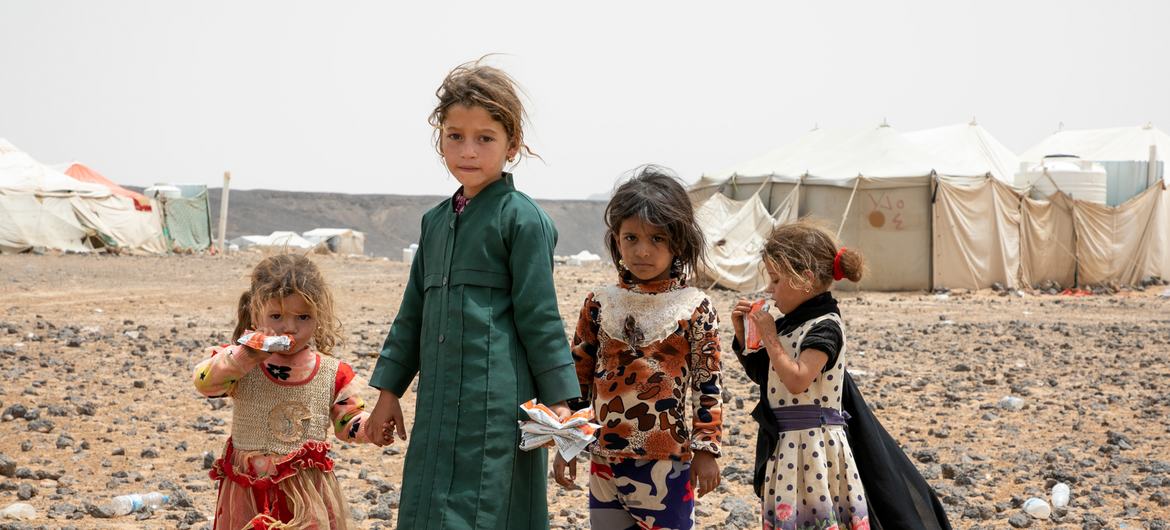Child marriage is a phenomenon that affects many countries, but in Yemen, the practice has reached crisis levels amid an ongoing civil war.
The aftermath of war, as it has disrupted the country’s economic, social and political systems, has had a major effect on social imbalances such as this one. Child marriages have taken on a more prominent role in times of war, carrying implications for young girls as well as the future of the nation. As of 2019, Yemen was home to four million married girls, 1.4 million of whom were married before fifteen. 32% of girls in Yemen are married before the age of eighteen, and 9% before the age of fifteen.
The Yemeni war has altered the structure of the country, leading to widespread poverty and social fragmentation. These conditions have dramatically increased the incidence of child marriage. The mix of pre-existing cultural norms favouring early marriage with the economic strain has increased underage marriages. In many cases, families marry off their daughters to relieve financial burdens, secure dowries and ensure the safety of girls in an unstable environment. The war and its effect on children’s education, the lack of access to it, makes this arrangement even more attractive. Without access to education, young girls are left with limited options and vulnerable to exploitation.
Yemen is a cultivating ground for child marriage. As one of the poorest countries in the Middle East, it is in the midst of a violent conflict. Many families have been driven into poverty, turning their brides into almost a bargaining chip and a major source of income for relatives. Not only do the locals take advantage of the situation, but there are also “tourist” marriages, where girls are married off to wealthy men from the Arabian Peninsula region to be exploited sexually. Education also plays a significant role; many parents, even before the conflict, forced girls to leave school at puberty to prepare for marriage. There is an exacerbated tradition. Since the war started, over two million children have lost access to education, making girls even more vulnerable to early marriage. A patriarchal, male-dominated society leaves girls with little power to make their own choices.
Yemen remains one of the largest humanitarian crises worldwide. And, despite these challenges, there have been efforts to address child marriage in Yemen. The government has committed to eliminating child, early, and forced marriage by 2030 in line with the Sustainable Development Goals. Still, Yemen has no minimum age for marriage, since in 1999 the parliament abolished the previous minimum age set at 15 on religious grounds. Now, the political crisis has paralyzed parliamentary action on setting a minimum marriage age.
The issue of child marriage in Yemen is a complex and multifaceted problem exacerbated by the ongoing civil war but strengthening and enforcing laws that set a minimum age for marriage is crucial. Yemen’s forgotten daughters deserve the chance to lead healthy, educated, and empowered lives, free from the constraints of early marriage.

